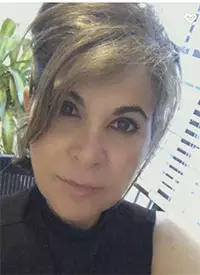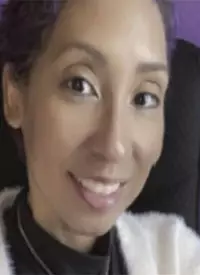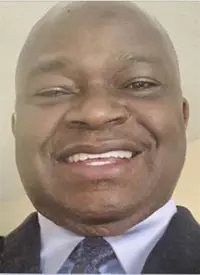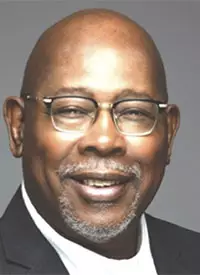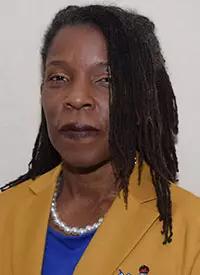College of Doctoral Studies
Center for Leadership and Entrepreneurial Research
Calibrating research through the lens of business and entrepreneurial insight
About the center
The Center for Leadership and Entrepreneurial Research (CLER) regards the spectrum of business, entrepreneurism, and organization as all-encompassing, where the potentials of scholar-practitioner engagement intersect with industry dynamics to uncover the possibilities that emerge when research is applied.
CLER provides a lens through which leadership and organization may be examined from all vantage points, utilizing the conduits of research and reporting out through major conferences, publications and innovative projects.
From the International Leadership Association (ILA) and the Qualitative Report (TQR) to the American Psychological Association (APA), CLSOR members can be found at these and many other top tiered conferences working together with other researchers to bring to the table the latest in research concerning the wide prospects of topical matter within the field of leadership and organizational research. We welcome you to the many possibilities the center can offer.
Fellows in Residence
The Fellows in Residence role has been designed to usher in the potential of like-minded researchers who desire to become part of the research enterprise. The Research Centers implemented the voluntary role in 2020 and has since grown the cadre of fellows who work within each center. We continue to invite those interested in becoming fellows to reach out for more information. An elite group of researchers, the fellows are important constituents of the centers, often taking part in research endeavors from publishing to presenting and helping with our large-scale conference. For those interested in becoming a Fellow in Residence, please reach out to Dr. Mark McCaslin , Associate Chair for CLER for more information. Below is our current assembly of fellows.




